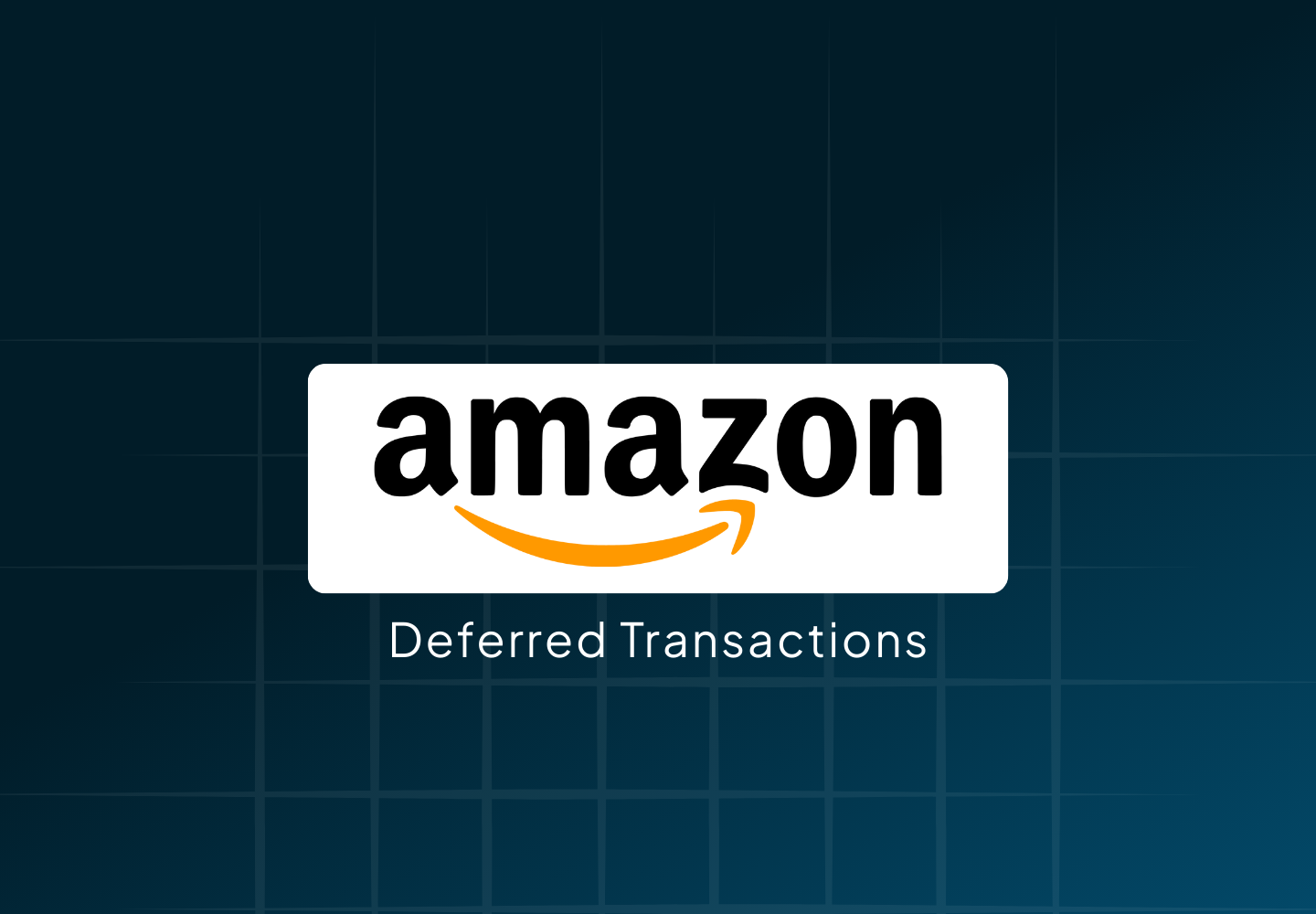If this is your first time searching for a shipping solution or you are looking to replace the one you currently have, the task can be difficult. When choosing a new shipping solution for your organization, it is imperative that you make the right choice. It can be a time-consuming and costly process for any company to make the switch. Therefore, we are here to assist you with the decision.
1. Can it integrate with your current business needs?
Depending on the type and size of the e-commerce business you operate, you may require OMS, WMS, ERP systems, and many other types of integrations. It may happen that your integration is less well-known than one of the big players, but this does not mean it will not integrate with your future shipping solution. Ideally, you should find a shipping solution that integrates with the carrier that you know and trust. A shipping solution that cannot be integrated with your preferred carriers will pose a problem for every purchase. Similarly, if you have marketplaces and selling platforms that you are comfortable, familiar with, and trust, ensure your shipping solution accommodates your needs. It is possible to integrate some apps more easily than others, but just because they are not listed on the website does not mean that they cannot be integrated. If you don't see your integration, reach out to the company to ensure if they do or they don't integrate.
2. Do the specs match your needs?
It is important to consider the technical specifications, after all, shipping solutions are technically complex. Technology specs (or specifications) refer to a document that explains what a product will do and how it will help you achieve specific goals. Depending on the size of your business, shipping volume is a critical factor. Your shipping volume can influence your carrier rates, staffing levels, or growth percentages. A business's shipping volume can be a useful indicator of what type of shipping solution is appropriate. There are some shipping solutions designed for small businesses, while others are more suited to high-volume shippers. Find a shipping solution that meets your needs both now, and in the future. Additionally, some allow for an unlimited number of shippers or docking stations, whereas others change the number of users based on the price of membership. Make sure that the benefits of a shipping solution do not outweigh the disadvantages.
3. Is the shipping solution reliable?
Does the shipping solution have a consistent history of outages or long downtime? In essence, this point applies to all business technologies. There is nothing more frustrating than a technology that has a history of outages or downtimes which can cause your business to be less efficient. In the event that you are not operating on weekends, or you can accept some downtimes, then you may be less concerned, but at the end of the day, you must be able to rely on your technology.
4. Does the solution scale?
Let's face it, it would be horrible to switch to a new shipping solution only to switch again in two years because you have outgrown the capabilities of your current solution. Make sure you understand your numbers and projected growth and ask these questions when interviewing these solutions. This might seem ominous, but it's essential. What are your goals and projections for the business? Knowing your numbers and knowing your business goals, both large and small, can help you choose the right shipping solution.
5. Does it have the support your business needs?
Whenever your company introduces new technology, support is of the utmost importance. Having a community FAQ board is not enough these days. There needs to be responses from real individuals. The business should provide you with an excellent support system that can assist you in many ways.




.svg)

.svg)
.avif)
.avif)

.svg)